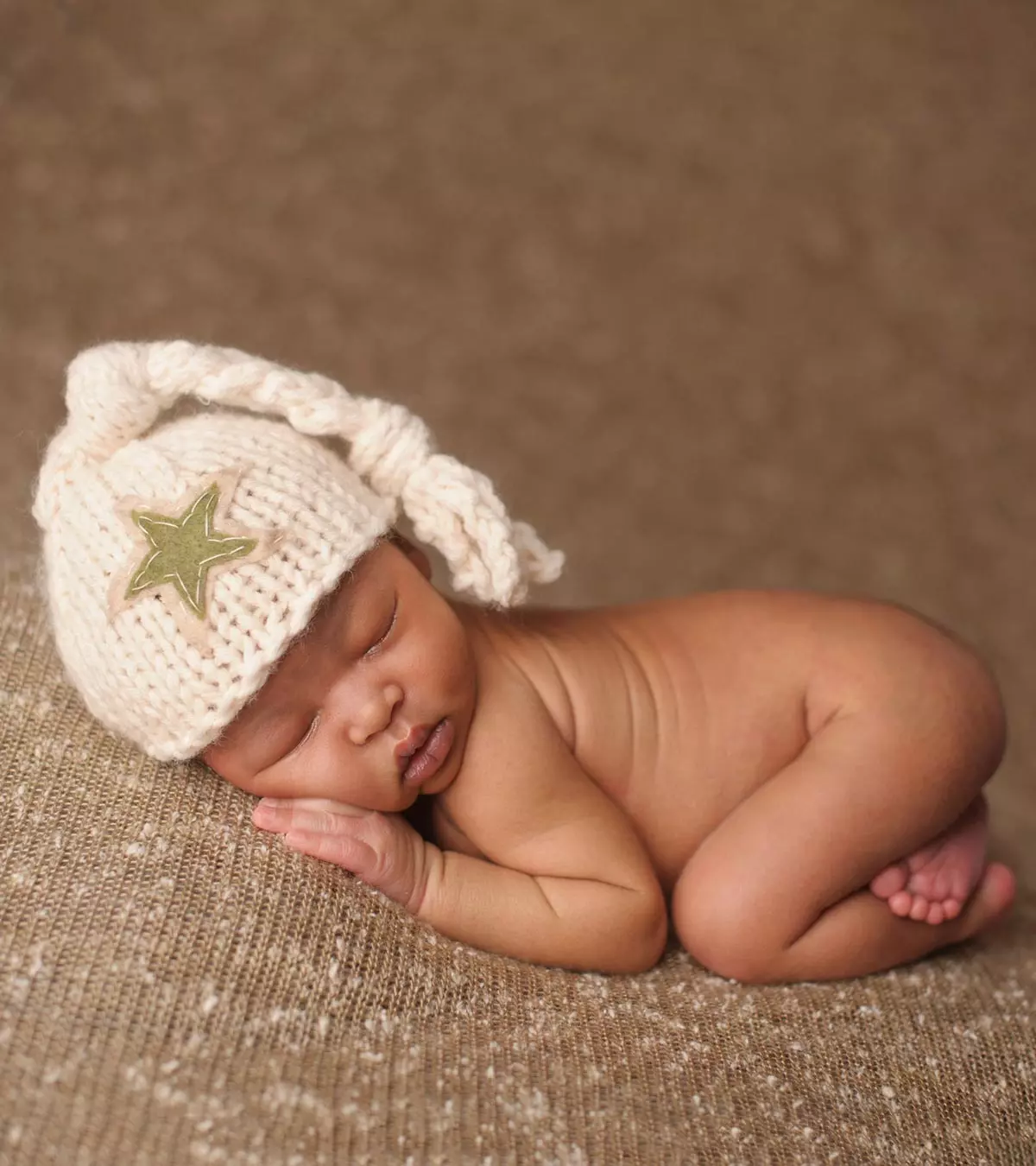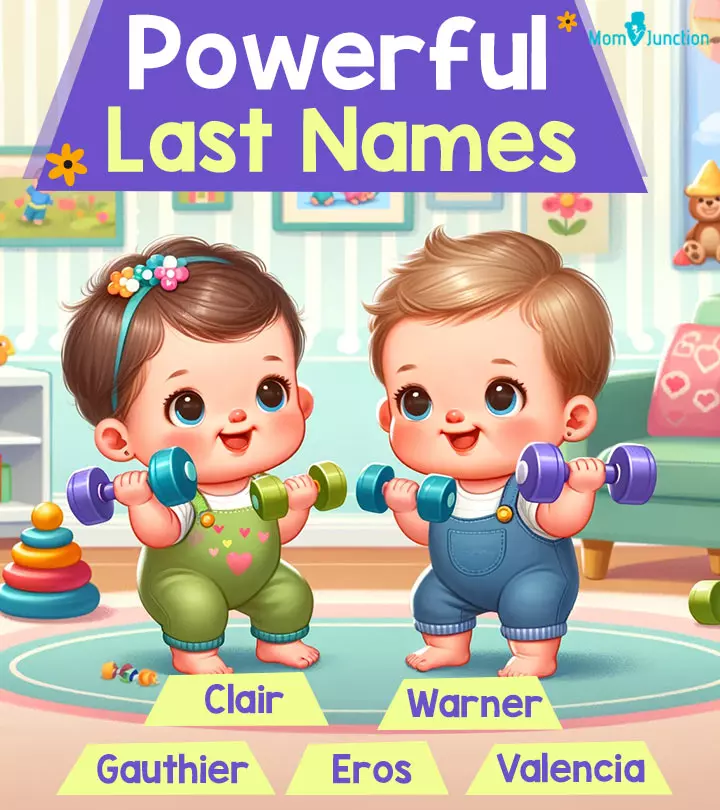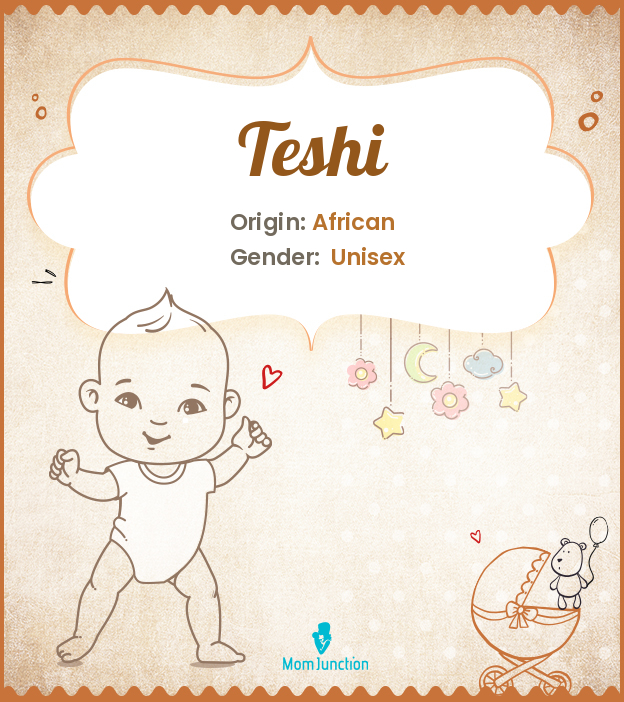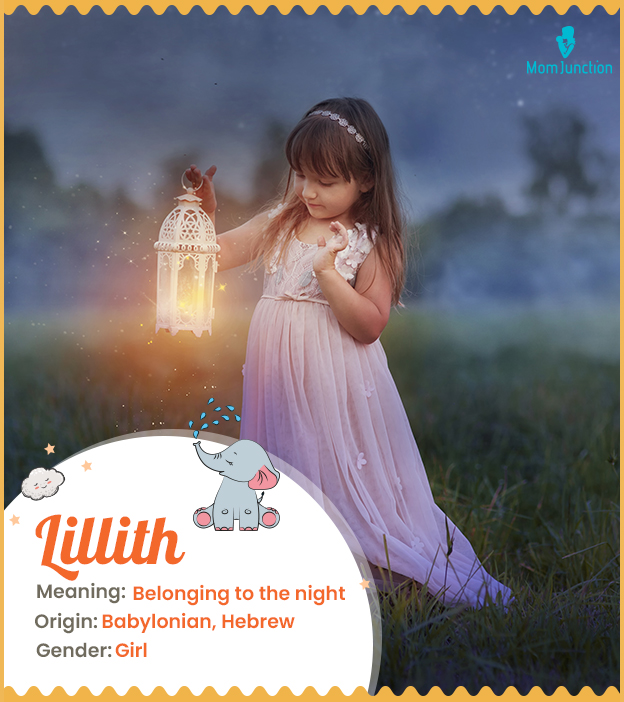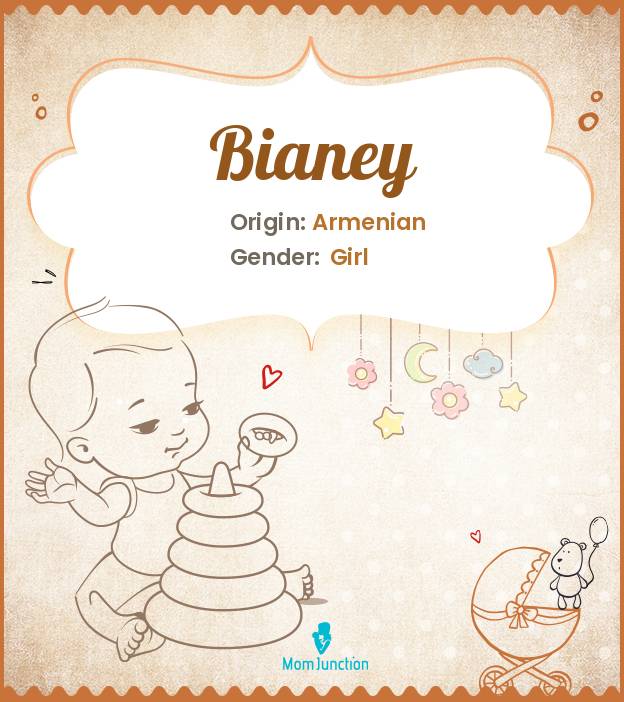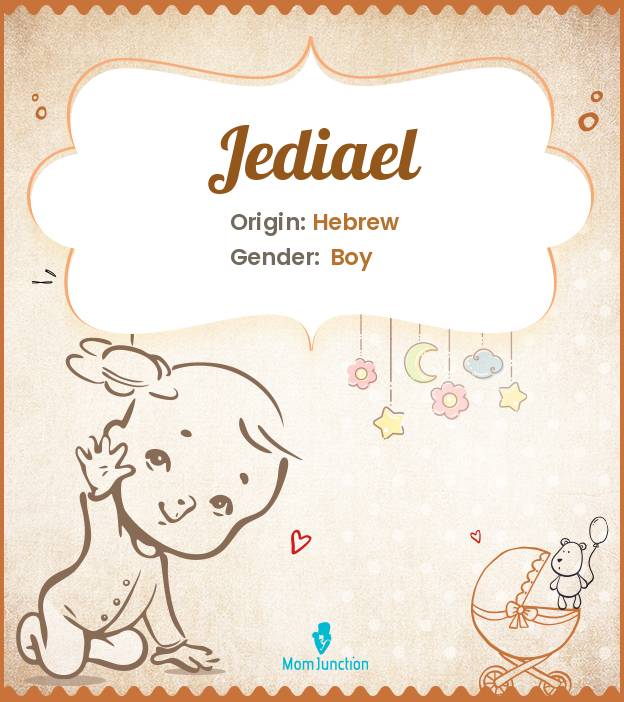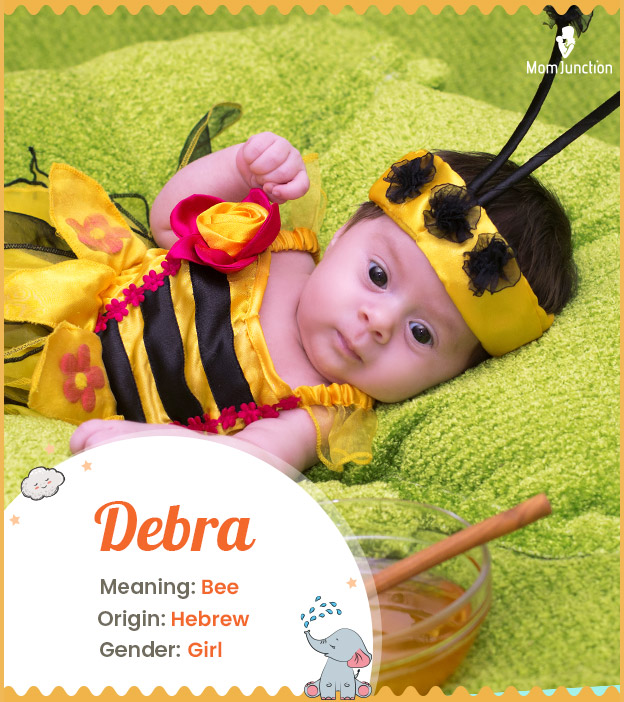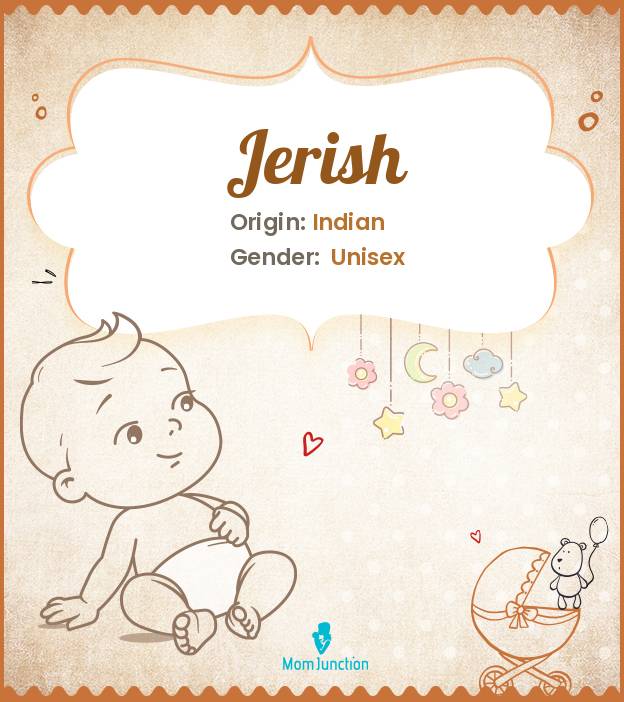33 Perfect Israeli Girl Names To Your Little One
From Biblical to contemporary, our collection is as diverse as the holy land.
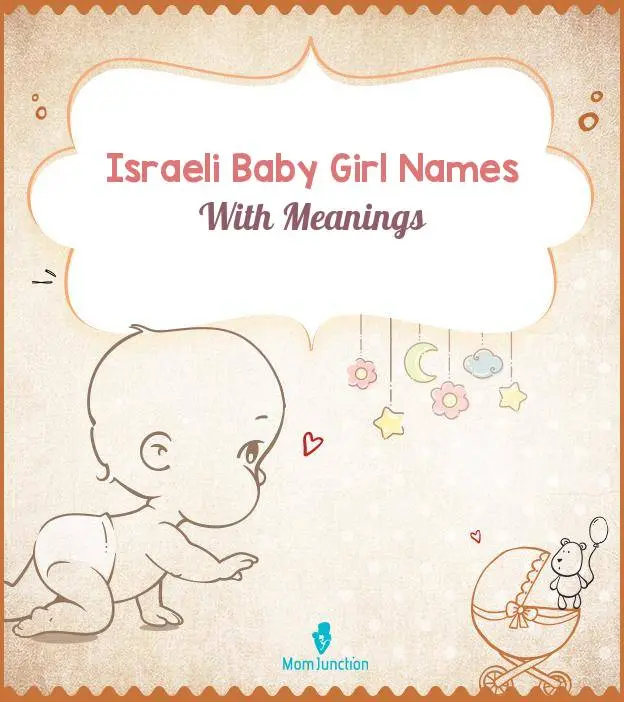
Illustration: MomJunction Design Team
Israel is a country marked by diversity and diaspora, connected to the religion of Judaism. These Israeli baby girl names come from a land where ancient traditions of the past merge with the technological advancements of the present. Judaism is at the core of Israel’s heart because it is the first Jewish state to exist in almost two thousand years. Jewish people regard The country as a ‘safe haven’ after centuries of constant migration and persecution. The people of Israel brought back the usage of the ancient Hebrew language, now the country's official spoken and written language (1). This is one reason why Israeli baby names often have Hebrew roots. There are many rules to the Israeli naming traditions that can confuse some people. Jewish people are free to choose two names for their little ones, a Hebrew name and a secular name, depending on the language of the country they are residing in (1). Israeli names are heavily inspired by religion, nature, and qualities like freedom, joy, and peace. The usual format of Israeli names is the first (and second) name followed by the surname. However, some families may choose names that can be used both as a personal name or as a last name, which can create some confusion. A common feature in Israeli names is the usage of conjunctive words like ‘ben’ or ‘bat.’ ‘Ben’ stands for ‘son of,’ and ‘bat’ means ‘daughter of.’ These words are used between the first and last names to indicate the relationship between father and child. Israeli babies often inherit the names of their ancestors. The Ashkenazi tradition is to name a newborn after a family member who has recently passed away. It is similar among the Sephardi or Mizrahi Jews, but babies can also be named after living family members (1). If Hebrew names are your cup of tea, these Israeli girl names on our list will inspire you. Have a look at our post and choose the one that suits your girl the best.
On This Page
Browse Baby Names By Gender
Browse Baby Names By Alphabet
| Name | Gender | Meaning | |
|---|---|---|---|
| | Joy | ||
| | Light | ||
| | My pearl | ||
| | Unique, elegant, and strong | ||
| | My joy is eternal | ||
| | Rock | ||
| | Pleasure | ||
| | Variant of Bathsheba | ||
| | He will establish | ||
| | Oak tree | ||
| | My father strays | ||
| | Daughter of Zion | ||
| | She who is pure | ||
| | She is my desire | ||
| | Ceremonial grain | ||
| | Palm tree | ||
| | Joy and happiness | ||
| | She who is righteous | ||
| | Star | ||
| | She who is beautiful | ||
| | My dove | ||
| | Vineyard of the Lord | ||
| | Queen | ||
| | Vineyard of the Lord | ||
| | Bitter | ||
| | Sea of bitterness | ||
| | My light | ||
| | Light, cedar tree | ||
| | Golden | ||
| | Princess | ||
| | Life | ||
| | Golden | ||
| | God will add | ||
Israeli baby girl names are intertwined with the Jewish culture and the Hebrew language. They are inspired by religion, elements of nature, and particular virtues. Jewish people often have two names: one is derived from the language of the country they are living in, and the other is a Hebrew name. Hebrew names are often used as sacred names and are heavily intertwined with the culture of Israel. So, if you are Israeli and wish to give your daughter such a name, rest assured that your child will grow up to be proud of it.
Frequently Asked Questions
1. What is the significance of naming a baby girl in Israeli culture?
Naming a baby girl in Israeli culture encompasses several elements. Initially, it's customary to honor family members, with Sephardi families observing traditions such as naming the eldest daughter after the paternal grandmother. Moreover, Israeli names draw inspiration from Jewish texts, Hebrew vocabulary, and the natural world. Furthermore, it's common to assign both a Hebrew name and a secular name. Lastly, individuals converting to Judaism typically adopt a new Hebrew name as a customary practice.
2. Are there any traditional or cultural influences on Israeli baby girl names?
Yes, traditional and cultural influences can be observed in Israeli baby girl names. Israeli Jews often name their children after family members, and Sephardi families have specific naming conventions, such as naming the eldest daughter after the paternal grandmother. Hebrew names based on Jewish texts, nature, geography, and Hebrew words are also common. Additionally, there are feminine versions of traditionally male names. Israeli names may also include nicknames and Yiddish variations.
3. Are there any famous Israeli women that have influenced baby girl names?
Yes, there are several famous Israeli women who have influenced baby girl names. One example is Golda Meir, the former Prime Minister of Israel. Gal Gadot is an actress known for her role as Wonder Woman. Other influential Israeli women include Tzipi Livni, an Israeli politician, and Neta Riskin, an Israeli actress. These names have gained popularity due to the achievements and recognition of these remarkable women.
4. Do Israeli parents often give their baby girls multiple names?
Israeli parents often give their baby girls multiple names, as it is common for Jewish parents to give their child both a Hebrew name and a secular one. Additionally, Sephardi families tend to name the eldest daughter after the paternal grandmother, and many Israeli names have feminine versions of traditionally male names.
5. Are there any naming ceremonies or rituals for Israeli baby girls?
The naming ceremony for Israeli baby girls is called Zeved Habat or Simchat Bat and varies by the Jewish community. It often includes the recitation of biblical verses, a prayer to announce the name, and the holding of the newborn by the rabbi. The ceremony can take place in the synagogue during Torah reading or at home during a festive meal.
6. How do Israeli baby girl names reflect the country's history and culture?
Israeli baby girl names reflect the country's unique history and culture through various naming conventions and influences. Names often draw from Jewish texts, Hebrew words related to nature or geography, and the practice of naming children after family members. Many modern Hebrew names are unisex or have feminine versions of traditionally male names.
7. Are there any gender-neutral baby names in Israeli culture?
Yes, Israeli culture has gender-neutral baby names. Some examples include Adin (meaning 'delicate'), Bar (meaning 'open field' or 'pure'), Dani (meaning 'God is my judge'), Lior (meaning 'my light'), Mor (meaning 'myrrh'), Paz (meaning 'golden'), and Stav (meaning 'praised' or 'fall'). These names reflect inclusivity and flexibility in naming conventions.
8. What is the significance of middle names for Israeli baby girls?
The significance of middle names for Israeli baby girls is not clearly defined, as their usage varies across Israel. However, middle names are generally less common in Israel compared to other countries, possibly because the Hebrew language lacks a tradition of using middle names.
9. Are there any naming trends in Israeli culture that are currently popular?
Yes, Avigail is the most popular name for girls in Israeli culture, prevailing in both Jewish circles and the broader populace. Miriam secured the runner-up spot in the general population, while Tamar claimed second place among Jewish individuals and third overall. Other noteworthy names included Yael, Noa, Sarah, Adele, Maya, Lia, and Ayala.
10. How do Israeli baby girl names reflect religious beliefs and practices?
Israeli baby girl names frequently embody religious convictions. Some examples include Amariah (signifying 'God has spoken'), Azaria (signifying 'God has assisted'), Elisha (signifying 'My God is salvation'), Nariah ('divine lamp'), Natania ('God has bestowed'), and Dani or Danit (signifying 'God is my judge').
Infographic: Beautiful Israeli Baby Girl Names With Meanings
Israeli names are from Hebrew, and many are derived from Yiddish. The names have a unique charm and a distinctive sound to them, rendering the bearer of the name a distinguishing image. The infographic below lists some of the most elegant feminine Israeli names. Read on and pick your favorite for your little princess.
Illustration: Momjunction Design Team
References
Look Up For Many More Names
Do you have a name in mind and want to know more about it? Or want to find names belonging to a particular origin, religion, or having a specific meaning? Use our search tool below to explore more baby names with different combinations.

Community Experiences
Join the conversation and become a part of our nurturing community! Share your stories, experiences, and insights to connect with fellow parents.
Read full bio of Angela Alex
Read full bio of Srija Chanda Burman
Read full bio of Ratika Pai






